You are here
New Releases
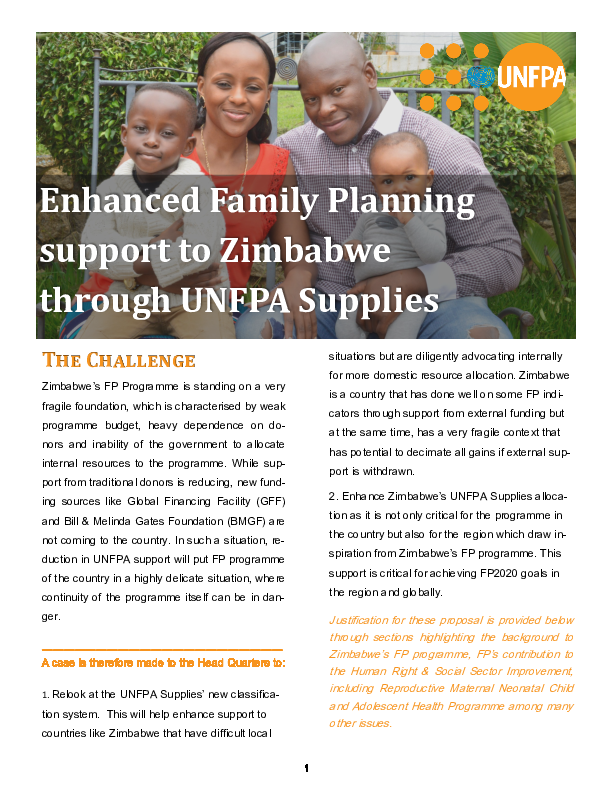
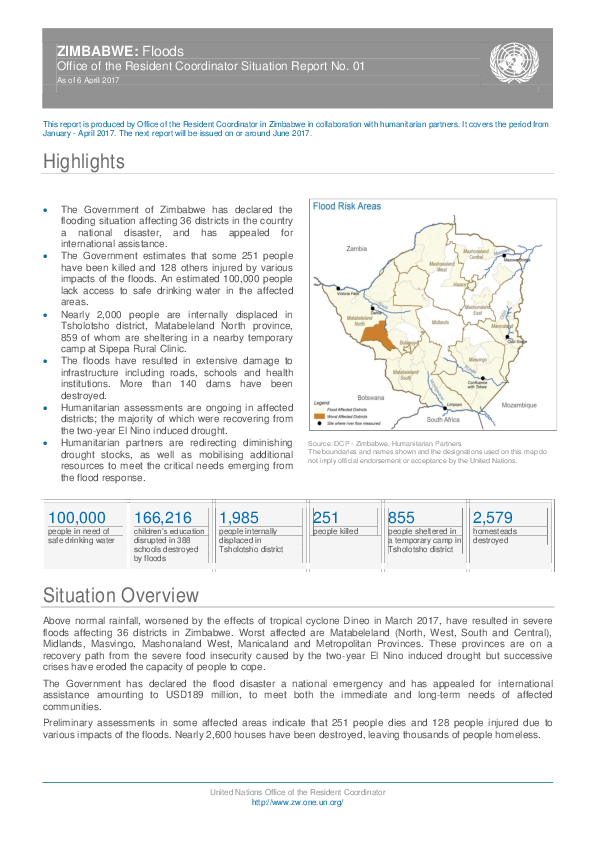
Zimbabwe Floods Situation Report 01
This report is produced by Office of the Resident Coordinator in Zimbabwe in collaboration with humanitarian partners. It covers the period from January - April 2017.
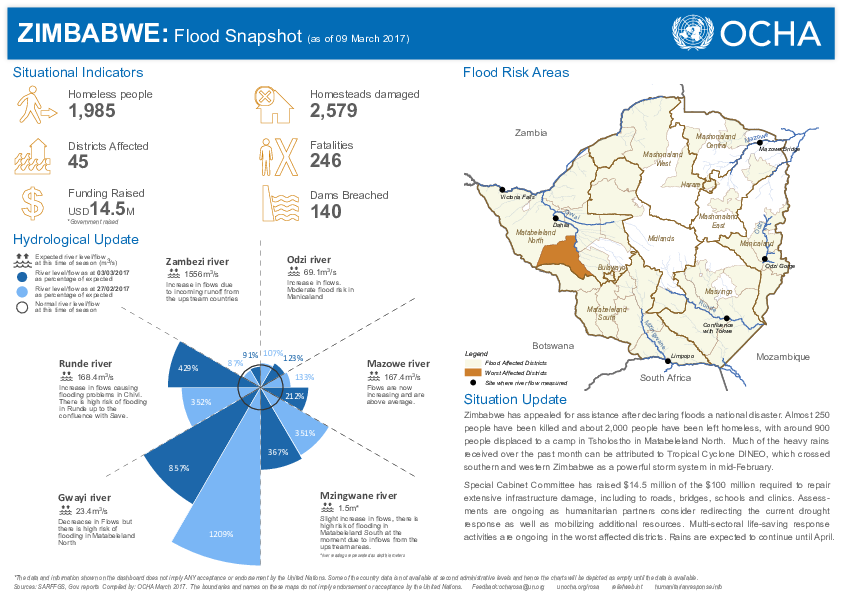
Zimbabwe: Flood Snapshot
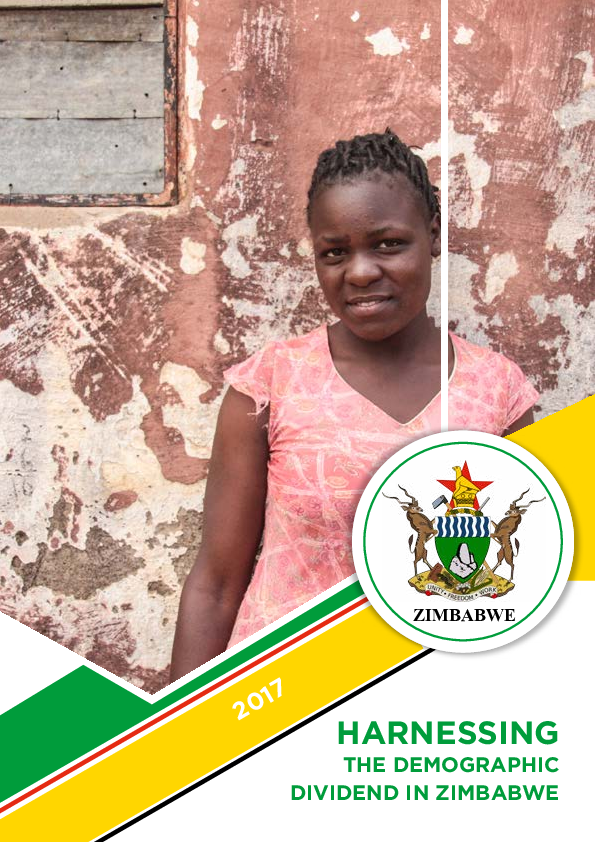
Harnessing the Demographic Dividend in Zimbabwe
The Zimbabwe Agenda for Socio-economic Transformation (Zim Asset) 2013-2018 lays a foundation for its long-term development aspirations that seek to achieve sustainable development and social equity anchored on indigenisation, empowerment and job creation. Demographic change has implications for the realisation of these ambitions. This study set out to analyse the population dynamics and age-structure changes in Zimbabwe in the medium to long-term and the implications these will have on the ability of the country to maximise its Demographic Dividend (DD). The demographic dividend refers to the temporary economic benefit that can arise from a significant increase in the ratio of working-age adults relative to young dependents that results from fertility decline - if this change is accompanied by sustained investments in education and skills development, health, job creation and good governance. The DD paradigm offers a framework that is congruent with the needs of Zimbabwe’s long-term development aspirations as well as the global post-2015 Sustainable Development Goals (SDG) agenda.
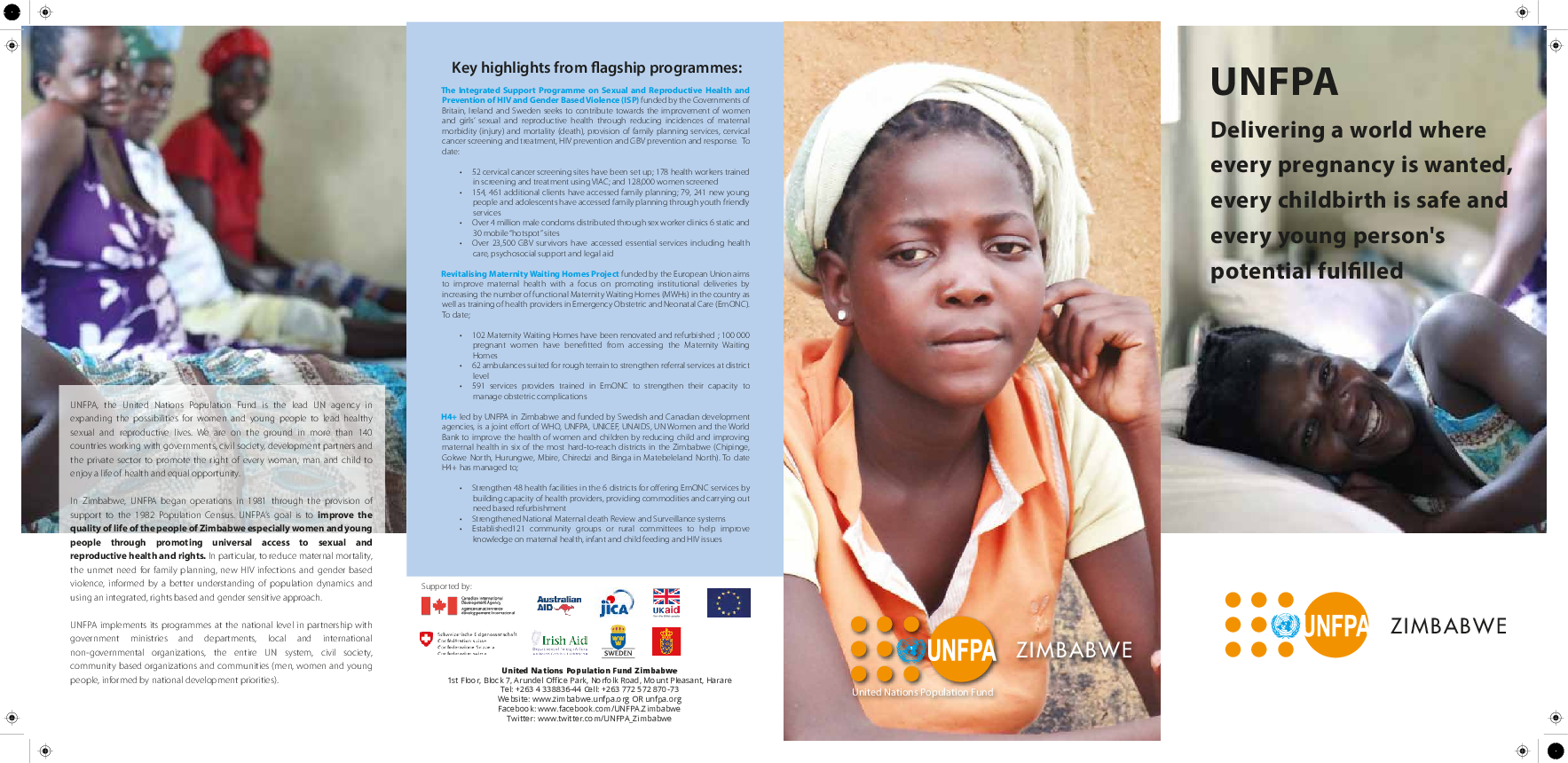
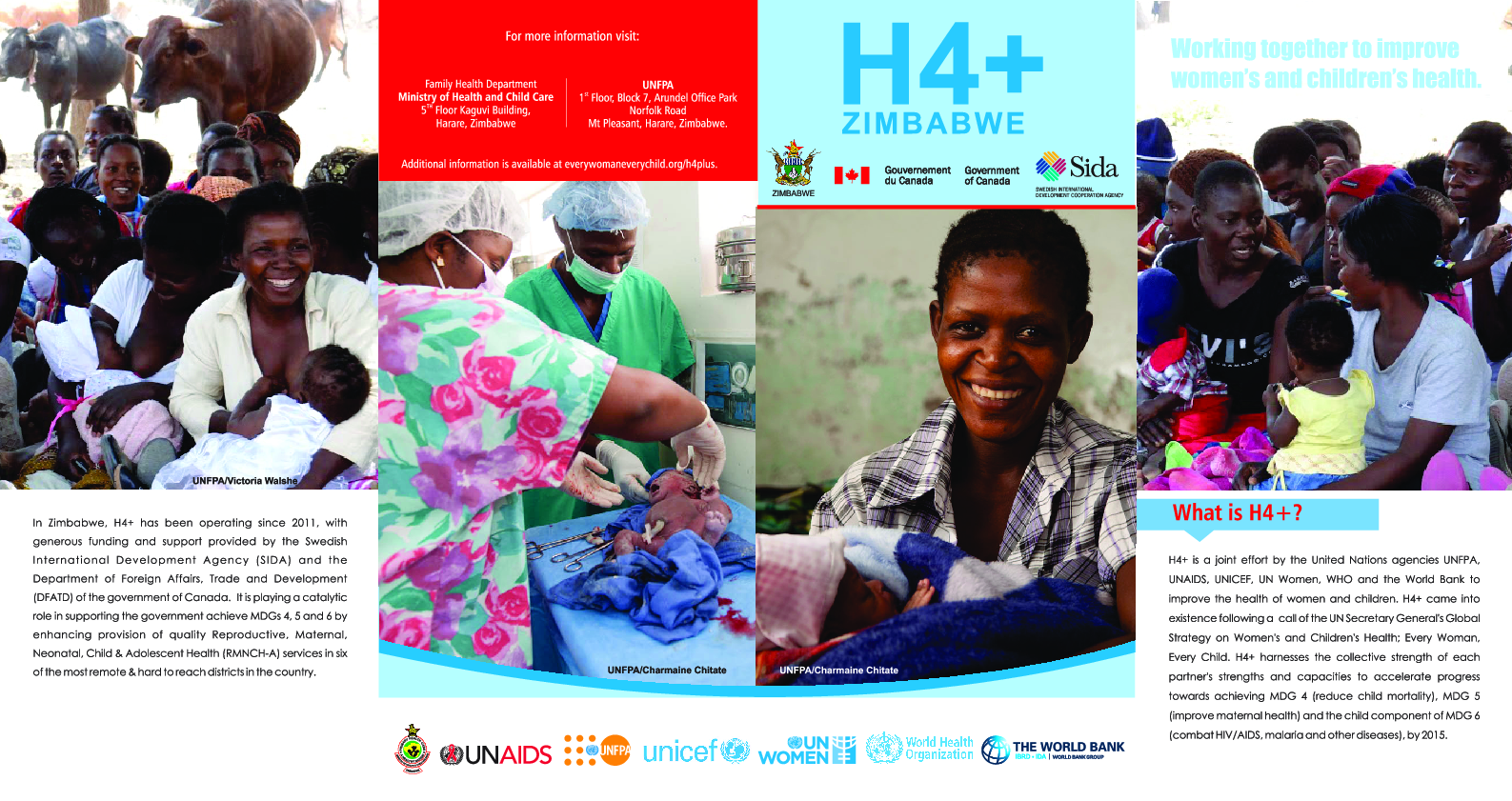
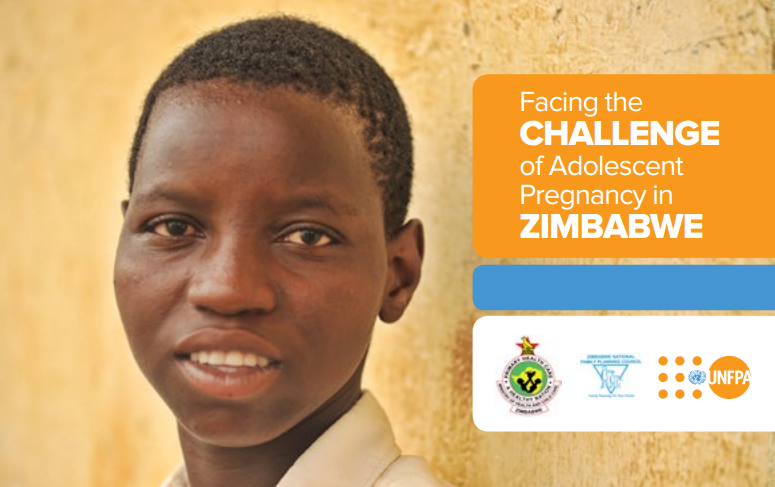
Facing the Challenge of Adolescent Pregnancy in Zimbabwe

National Adolescent Fertility Study

State of World Population Report 2016
When a girl reaches age 10, her world changes.
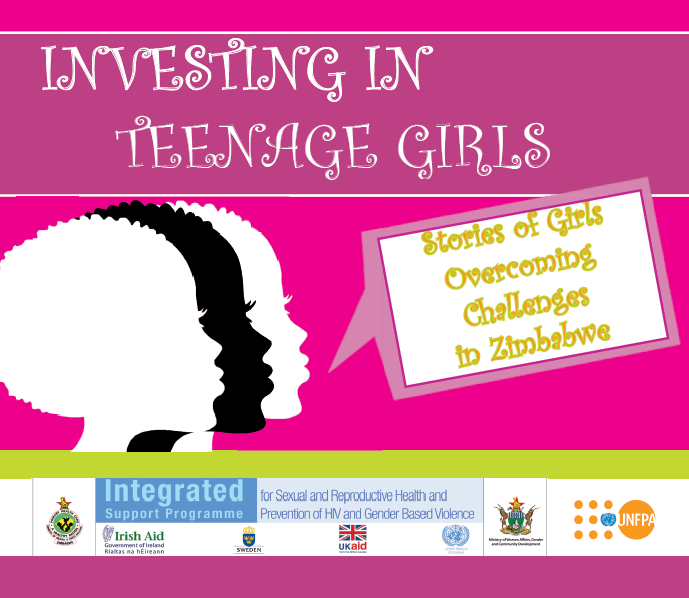
Investing in Teenage Girls: Stories of Girls Overcoming Challenges in Zimbabwe